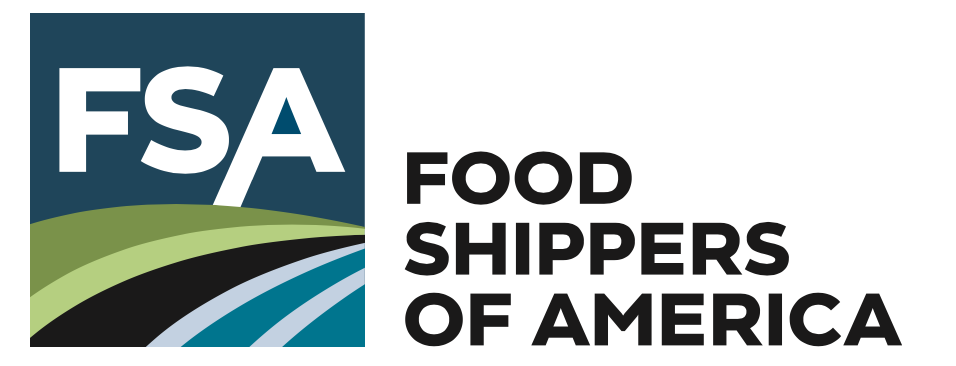The Perfect Storm: Port Strike & Hurricane Helene
by Brian Everett, on Oct 2, 2024 4:42:50 PM

Between Hurricane Helene’s devastation in the Southeast United States and now the International Longshoremen’s Association strike impacting U.S. ports on the East Coast and Gulf Coast, it's been a dramatically unsettling few days for North American supply chains.
The International Longshoremen’s Association went on strike yesterday - after failing to come to a contract agreement with the United States Maritime Alliance (USMX). Approximately 45,000 dockworkers have gone on strike at 36 U.S. ports from Maine to Texas – involving wages and the use of automation as key issues.
This has many global food shippers concerned about the impact this will have on their supply chains. While some shippers, key stakeholders and industry observers are heavily focused on the state of negotiations between parties, others are more concerned about the broader impact on food chains. The uncertainty quickly prompted reactions from trade associations and President Joe Biden—urging both parties to reach an agreement.
However, ILA International President Harold Daggett’s position: “USMX owns this strike now. They now must meet our demands for this strike to end.”
How Will the Port Strike Impact Food Chains?
The first dockworkers strike at major East and Gulf coast ports in nearly half a century could soon mean shortages of produce (including bananas) and pricier imported cherries at U.S. grocery stores. That's because both fruits are among the more than 100 categories of food that depend on the now-shuttered operations.
Just how much American consumers and the U.S. economy will be impacted by the strike's immediate disruption of ports that handle about half of the country's trade in cargo containers depends on the duration of the work stoppage. Roughly 46% of imports and into the U.S. and 37% of imports are conveyed by water, according to Morgan Stanley.
 Leslie Sarasin, President and CEO of the Food Industry Association (FMI), said in a statement: “There’s never a good time for a strike. Now, the current strike is compounding the horrific situation in the Southeastern United States resulting from Hurricane Helene and parties need to return to the negotiating table.
Leslie Sarasin, President and CEO of the Food Industry Association (FMI), said in a statement: “There’s never a good time for a strike. Now, the current strike is compounding the horrific situation in the Southeastern United States resulting from Hurricane Helene and parties need to return to the negotiating table.
“We must be focused on helping the communities and people devastated by Hurricane Helene. The strike on the East and Gulf Coasts by the International Longshoremen’s Association threatens to make the situation even more dire. This action has already begun to jeopardize food supply chain operations, and the strike has the potential to disrupt the long-term stability of markets and commodities, namely pharmaceuticals, seafood, produce, meat, cheese, ingredients, and packaging.”
Related Articles:
- The Loss and the Hope in the Aftermath of Hurricane Helene
- West Coast Ports Are Regaining Share. Is This Reversion Here to Stay?
- Potential Shutdown at East Coast, Gulf Coast Ports Could Severely Disrupt Food Chains
- Red Sea Disruptions Now Impacting Food Chains
Like this kind of content? Subscribe to our "Food For Thought" eNewsletter!
Now more than ever, professionals consume info on the go. Distributed twice monthly, our "Food For Thought" e-newsletter allows readers to stay informed about timely and relevant industry topics and FSA news whether they're in the office or on the road. Topics range from capacity, rates and supply chain disruption to multimodal transportation strategy, leveraging technology, and talent management and retention. Learn More



